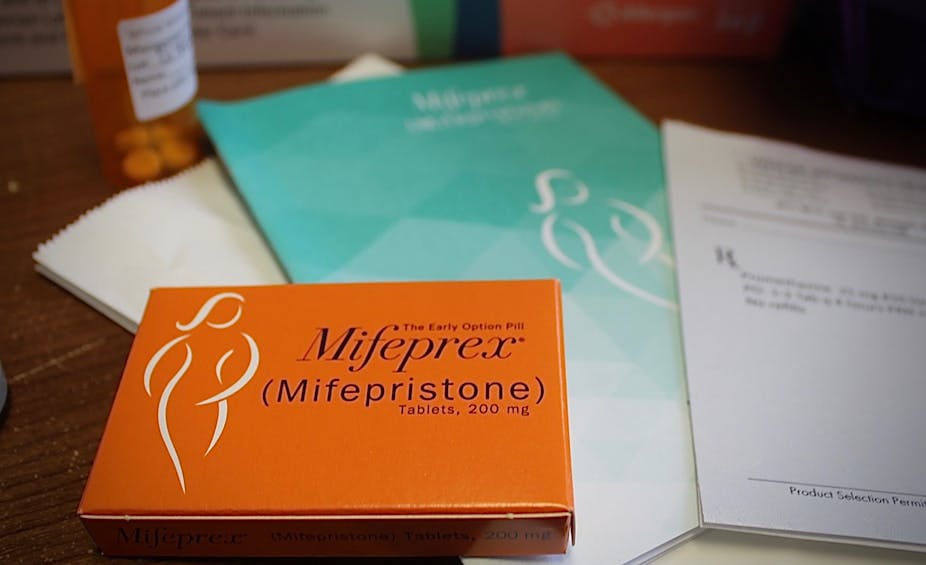With health-care facilities around the world overburdened by the Covid-19 pandemic, a number of countries have revised their abortion regulations. On March 27, Ireland authorised remote consultations for medical abortion through telemedicine. Self-administration of medical abortion pills has also been approved in England and now women are allowed to take medical abortion pills at their homes. Most recently, in France, the maximum delay for medical abortion at home has been extended from seven to nine weeks.
While coronavirus emergency has further hindered access to safe abortion in countries such as Italy and Spain, elsewhere it also debunked some myths around abortion. Behind the recent regulations relaxing access to medical abortion and paving way to telemedicine, there has been, in fact, a significant work and pressure for so long.
According to the World Health Organization (WHO), a medical abortion within first trimester can be controlled by women themselves and may take place at home. Studies have also shown that self-administration of medical abortion pills at home is well accepted and effective, with 86-98% of women reporting satisfaction with the method and complete abortion achieved in 87-98% cases. Similarly, telemedicine abortion has also shown to be highly acceptable to both women and providers, revealing similar success rates and safety outcomes to in-person abortion care. Nonetheless, many countries do not allow remote consultations for abortion and not permit home-use of medical abortion pills.
Reducing overregulation
Medical abortion entails a non-surgical termination of a pregnancy that uses a combination of mifepristone and misoprostol tablets. Misoprostol was developed in the 1970s and has long been prescribed for the treatment of ulcers and other conditions; mifepristone (also known as RU-486) was developed in France in late 1980s. The pills have been proven to be highly effective in terminating undesired preganancies and have been registered as abortfacient drugs.
Despite its effectiveness, medical abortion is still not allowed in many countries. Even in countries where medical abortion is practised, the pills remain overregulated, as self-administration is not allowed and women are required to visit a medical facility to take the pill. For example, the US Food and Drug Administration maintains the label “REMS” (risk evaluation and mitigation strategy) for mifepristone, requiring the pill to be given by a certified prescriber at a clinic or another healthcare facility. In France, it is only sold to medical staff and women are required to swallow it in the presence of a doctor or another certified medical staff. As a result, women cannot purchase the abortion pills at a drugstore or order it online.
In contrast, in an article presented at the 2016 National Abortion Federation Annual Meeting and published in the New England Journal of Medecine in 2017, a group of medical experts argued that abortion pills have low safety concerns and should become available in pharmacies on doctor’s prescription. Groups supporting womens’ rights have compared the abortion pill to others without the REMS label, such as Viagra, and assert that “the abortion pill” is much safer, and thus should be easily accessible to women.
Unburdening health-care systems and easing access
Given that the Covid-19 emergency is pushing governments to strengthen their health-care systems and reconsider how care is delivered, telemedicine abortion, entailing remote consultations over the internet or phone, has considerable potential. It would not only ease the burden on medical staff and health-care facilities, but also to help women avoid the odds of contracting Covid-19. It has been shown that telemedicine abortion can help ensure access to safe abortion, especially in places where women still have to negotiate through institutional obstacles and abortion stigma.
Although the new abortion regulations relaxing access to abortion pills are said to be a temporary response to the Covid-19 pandemic, they have the potential to change the terms and conditions of abortion access long-term.

